dp0609 - FEP - Universidade do Porto
dp0609 - FEP - Universidade do Porto
dp0609 - FEP - Universidade do Porto
Create successful ePaper yourself
Turn your PDF publications into a flip-book with our unique Google optimized e-Paper software.
Klein (2002a) finds evidence that a majority of independent members<br />
has a negative impact on earnings management activities, with the evidence<br />
being weaker when only the proportion of non-executive members is<br />
considered.<br />
Following a similar reasoning, we redefined the variable PNEXEC in<br />
the following manner:<br />
NEXEC51 takes the value of 1 when the percentage of non-executive<br />
members is greater than 50%, and 0 otherwise.<br />
In 91 observations of our sample we find that in 57 (62.6%) boards the<br />
number of non-executive members is less than 50%.<br />
Finally, from the results reported for model 4, we can see that the<br />
variable NEXEC51 has a negative impact on the probability of a modified<br />
audit opinion (p-value=0.03), just like PNEXEC in the initial model.<br />
A possible interpretation for our results is that when the majority of<br />
board members are independent, the board will tend to back more often the<br />
auditor’s perspective, therefore avoiding the existence of audit modifications 15 .<br />
7. Conclusions, limitations and future research directions<br />
In this paper we analyze, within the Portuguese context, the<br />
relationship between board of directors’ characteristics and the probability that<br />
a firm is issued a modified audit opinion. We find evidence that board<br />
diligence and independence have a negative impact on the likelihood of the<br />
firm facing an audit modification, the results being robust to a number of<br />
alternative model specifications and variable definitions. Regarding board<br />
size, we did not find evidence of a significant influence. Other factors,<br />
however, that proved to be statistically significant in determining the type of<br />
audit opinion being received were the firm’s financial health, performance,<br />
growth opportunities and the existence of dividend payments.<br />
The evidence reported in this paper is also in accordance with a<br />
number of concerns that have been expressed by several international bodies<br />
15 In an unreported regression, we also analyzed if some industry effects were present that<br />
could alter our conclusions. Specifically, we included a dummy variable for an industry<br />
(“Building”) where according to some financial analysts accounting information is allegedly<br />
32


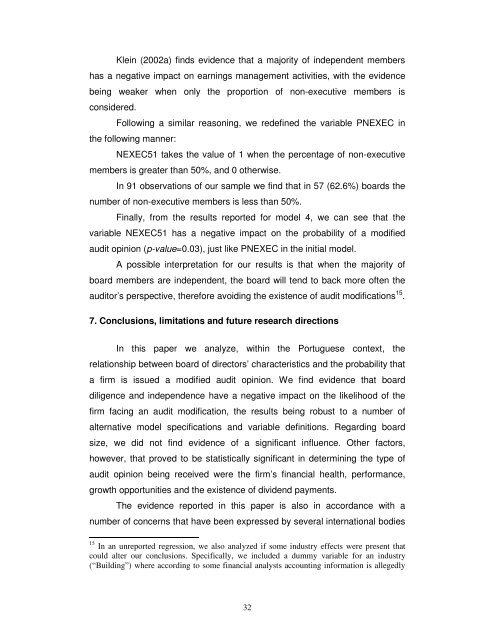

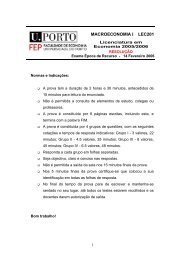
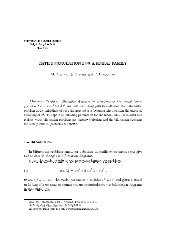
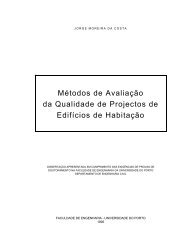

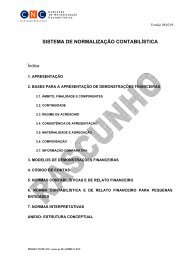
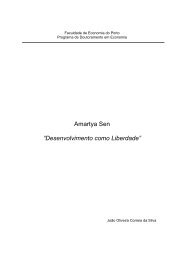
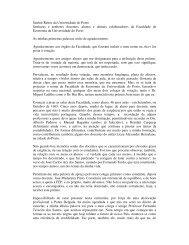
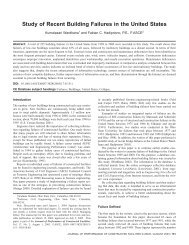
![Republica [Popular] de Moçambique. As Alterações Toponímicas e ...](https://img.yumpu.com/20789614/1/184x260/republica-popular-de-mocambique-as-alteracoes-toponimicas-e-.jpg?quality=85)




